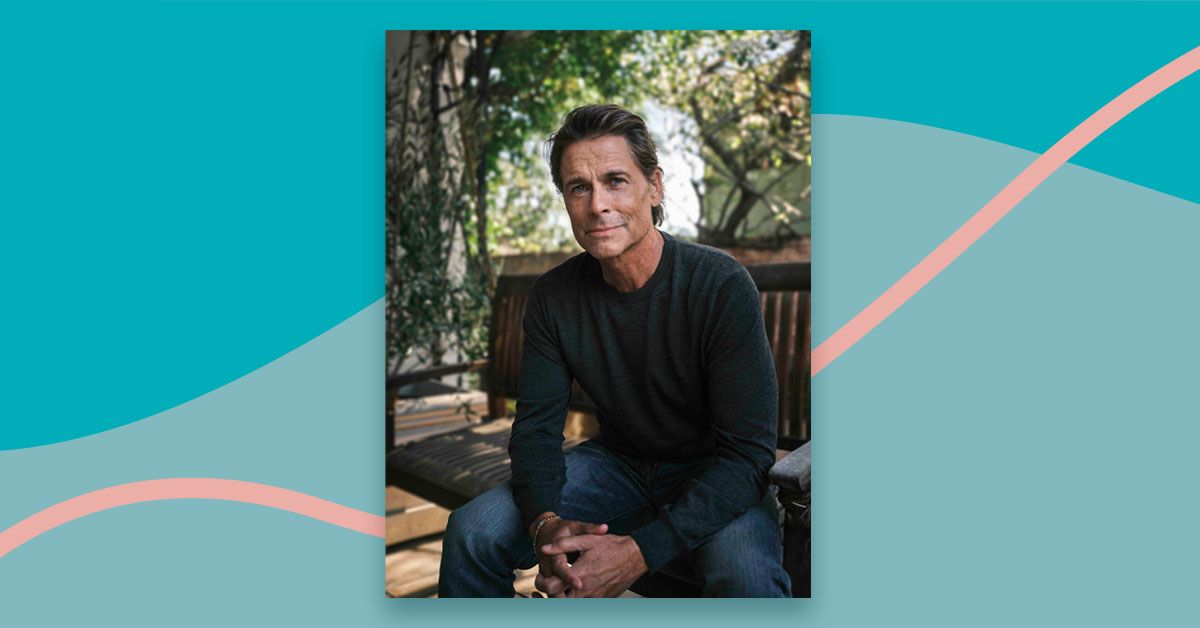(Credits: Far Out / Paramount Pictures)
Without question, the trickiest part of Jack Nicholson’s career was trying to navigate his newfound celebrity status in Hollywood following the transformative success of Easy Rider.
While he’d already been acting for over a decade before the counterculture classic set the stage for four decades of dominance, he was hardly at the top of any casting wish lists. Nicholson couldn’t even bring himself to revisit his early work, which made his first post-breakthrough move even more important.
Did he continue down the path of playing browbeaten, broken down, and complicated characters, or did he shoot for the moon and set his sights on the A-list? In the end, he did both, with Nicholson one of, if not the greatest, examples of a performer who deftly toed the line between actor and movie star.
Once Easy Rider nabbed him that first Academy Award nomination, there was no looking back. Nicholson found himself in the rare and enviable position of being both an awards-bothering dramatic powerhouse and a bankable box office draw, which gave him the leeway to write his own ticket.
According to the man himself, only two of his films from the 1970s onwards failed to turn a profit, which is remarkable. Coupled with his record-setting 12 Oscar nominations and three wins, as clichéd as it sounds, he really was a jack of all trades.
Still, what often goes unnoticed is that his first appearance after Easy Rider features one of his weakest turns. Returning to the silver screen after an 11-month absence, Vincente Minnelli’s musical dramedy On a Clear Day You Can See Forever was a Barbra Streisand vehicle first and foremost, with Nicholson relegated to a supporting part.
He admitted that the only reason he agreed to play the wonderfully named Tad Pringle was because it paid well and he needed a job, and that apathy shone through. As his friend, Bruce Dern, explained in Robert David Crane and Christopher Fryer’s Jack Nicholson: The Early Years, it was a painful experience from start to finish.
“He did that pitiful thing with Barbra Streisand, which I saw, and it was a total toilet job for him,” Dern said. “I mean the movie was awful, but you could see he was uncomfortable and awkward and Minnelli intimidated the shit out of him, and he just couldn’t do any work. It was too bad, because it scared him a little bit.”
On a Clear Day You Can See Forever was a minor success at the box office, but it wasn’t the kind of movie Nicholson wanted to be associated with. Actors have a funny habit of doing their worst work when they’re only in it for the paycheque, and it would be the last time he agreed to play a role solely for the riches on offer.
Fortunately, it didn’t take him long to recover. Three months after his misguided detour into musical territory, Nicholson was back in multiplexes with Five Easy Pieces, which was much more his tempo. Another Oscar nod followed, and never again would he have to resort to making something he didn’t believe in, wasn’t interested in doing, or despised every second of, because he’d finally arrived.
Related Topics









